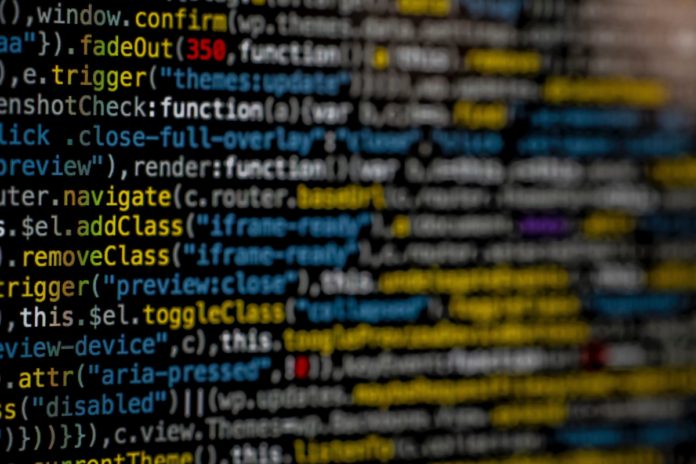Nearly half of CIOs are concerned their cybersecurity is not keeping up with their digital transformation efforts, according to a new study. Over 80% of leaders think Australia is ill-equipped to deal with the rising threats of cyberattacks.
Australia will need 7,000 cyber security experts to bridge the growing gap between security talent and increasing threats.
So, is the future of cybersecurity automated? Experts thinks so.
These findings come from the new cybersecurity benchmarking survey “Cybersecurity Solutions for a Riskier World” by research firm ThoughtLab, co-sponsored by ServiceNow.
The survey spans 1,200 organizations and 16 countries representing more than $125 billion in annual cybersecurity spending. The executives polled came from 14 different industries, including the public sector.
85% of Enterprises plan on automating security in the next 12 months.
The use of cybersecurity automation is growing as organizations seek to boost efficiency and speed
Research indicates that nearly a third of organisations have accelerated their plans to automate key security processes in the past year. Another 85% plan on automating them in the next 12 months.
Despite the positivity of these statistics, many organisations struggle to change to a more automated process, revealed Cyrille Badeau, VP of International Sales, ThreatQuotient. This was highlighted at a recent webinar ThreatQuotient held with a panel of senior cybersecurity experts from a multitude of sectors.
Also read: The Top Security and Risk Management Trends for 2022
While most organisations are exploring automation, few have made significant progress
Here are the key factors causing delays:
- Need an improved understanding of automation
- Increased participation and help from vendors
- Lack of good IT foundations
Also read: The Eight Megatrends Making The Cybersecurity Landscape Risker In 2022
The current status of cybersecurity automation and measuring success
Cybersecurity automation is particularly challenging due to the widely varying measures of success.
Automating an industrial process can be simpler because it can be measured by an improvement in speed, output, or some other metric, noted Leon Ward of ThreatQuotient.
41% of businesses say a lack of trust in the outcomes of automation is preventing its deployment
Despite research indicating positive steps, a cultural change is needed for mass adoption to occur. Further education is required on the subject as well as a general understanding of what constitutes success.
Overall, there is a lot of work that still needs to be done to improve the journey towards automation in cybersecurity.













